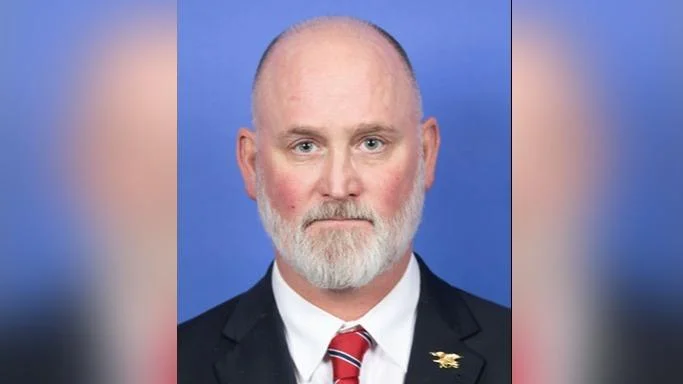Derrick Van Orden U.S. House of Representatives from Wisconsin's 3rd district | Official U.S. House Headshot
Derrick Van Orden U.S. House of Representatives from Wisconsin's 3rd district | Official U.S. House Headshot
Representatives Derrick Van Orden of Wisconsin and Celeste Maloy of Utah have introduced a new bill aimed at making eyeglass fittings more accessible to veterans living in remote areas. The Servicemember’s Eyeglasses Efficiency Act (SEE Act) proposes to include eyeglass lens fittings as part of the medical treatments covered by the Veterans Community Care Program.
"Veterans in rural Wisconsin should not have to drive hours to Tomah, Madison, or Milwaukee for a simple eyeglass fitting," stated Rep. Van Orden. He emphasized his commitment to improving healthcare and quality of life for veterans through this legislation.
Rep. Maloy highlighted the challenges faced by veterans in rural Utah who travel long distances for eyeglass fittings. She described the SEE Act as a step towards improving healthcare access, aligning with her view of effective representative government.
The bill is also supported by Reps. Lori Chavez-DeRemer from Oregon, Mariannette Miller-Meeks from Iowa, and John Curtis from Utah. Rep. Chavez-DeRemer expressed concerns about Central Oregon veterans lacking accessible healthcare options and voiced support for community care solutions provided by the SEE Act.
Rep. Miller-Meeks pointed out that current VA guidelines do not cover eyeglass fittings outside VA facilities, posing a significant burden on rural veterans. As both an ophthalmologist and veteran, she sees the SEE Act as beneficial in offering greater flexibility while reducing VA costs related to travel reimbursements.
Rep. Curtis criticized the requirement for veterans in Utah to travel extensively for basic services like eyeglass fittings and supported efforts to make healthcare more accessible for them.
The background provided indicates that one quarter of U.S. veterans live in rural areas, with many required to travel significant distances due to current limitations under the Mission Act of 2018. This legislation aims to address these issues by expanding coverage within Community Care Networks.




 Alerts Sign-up
Alerts Sign-up